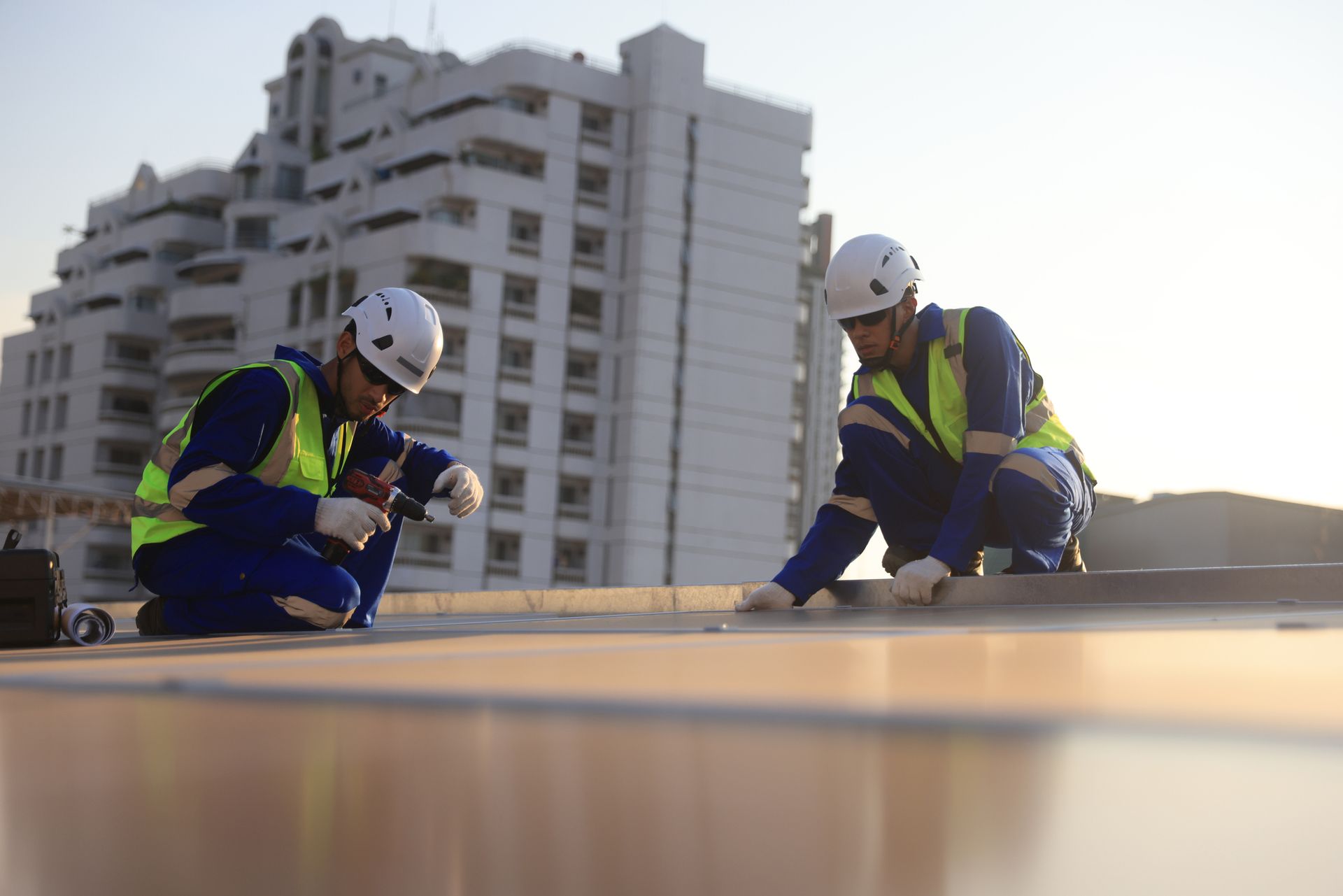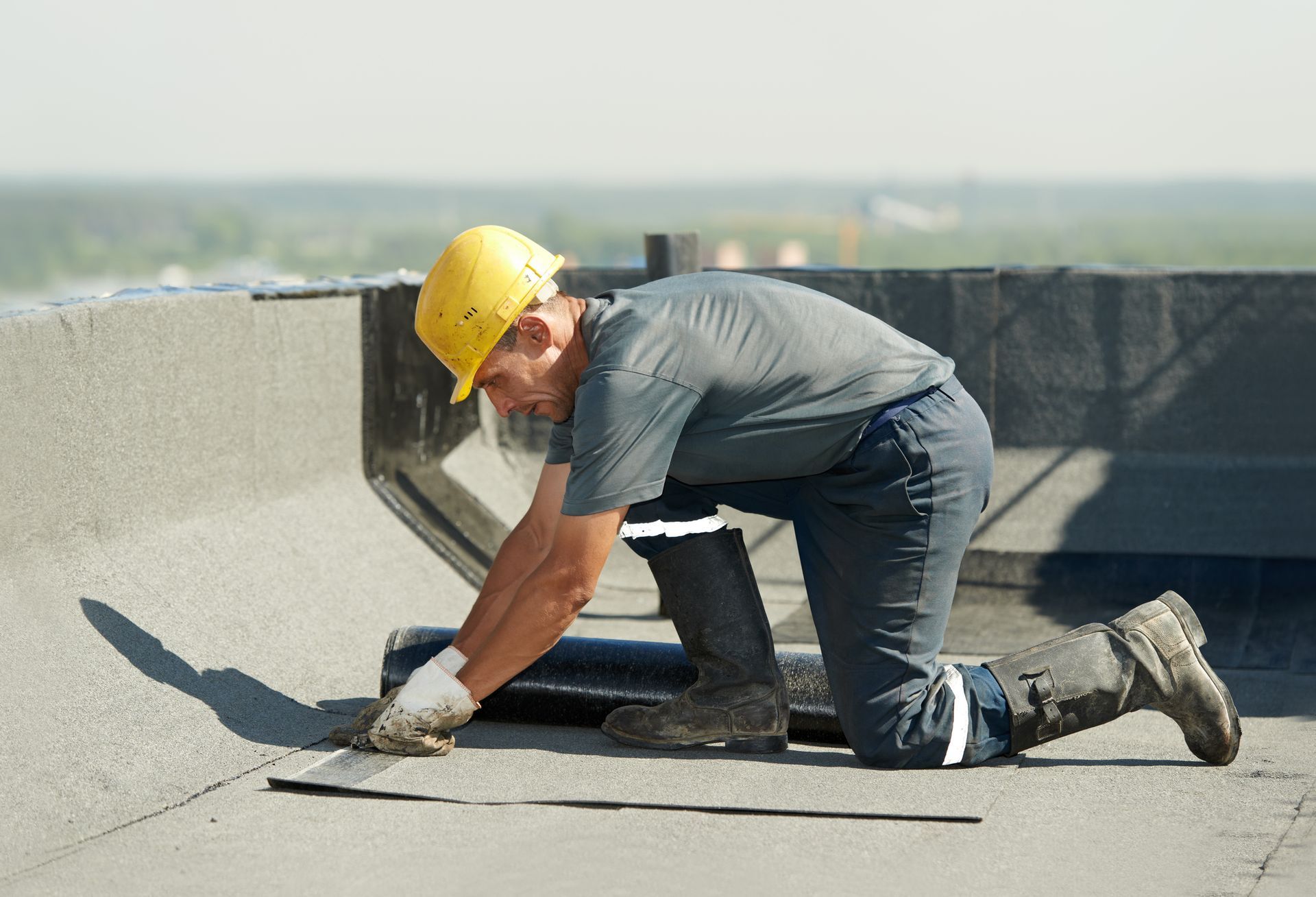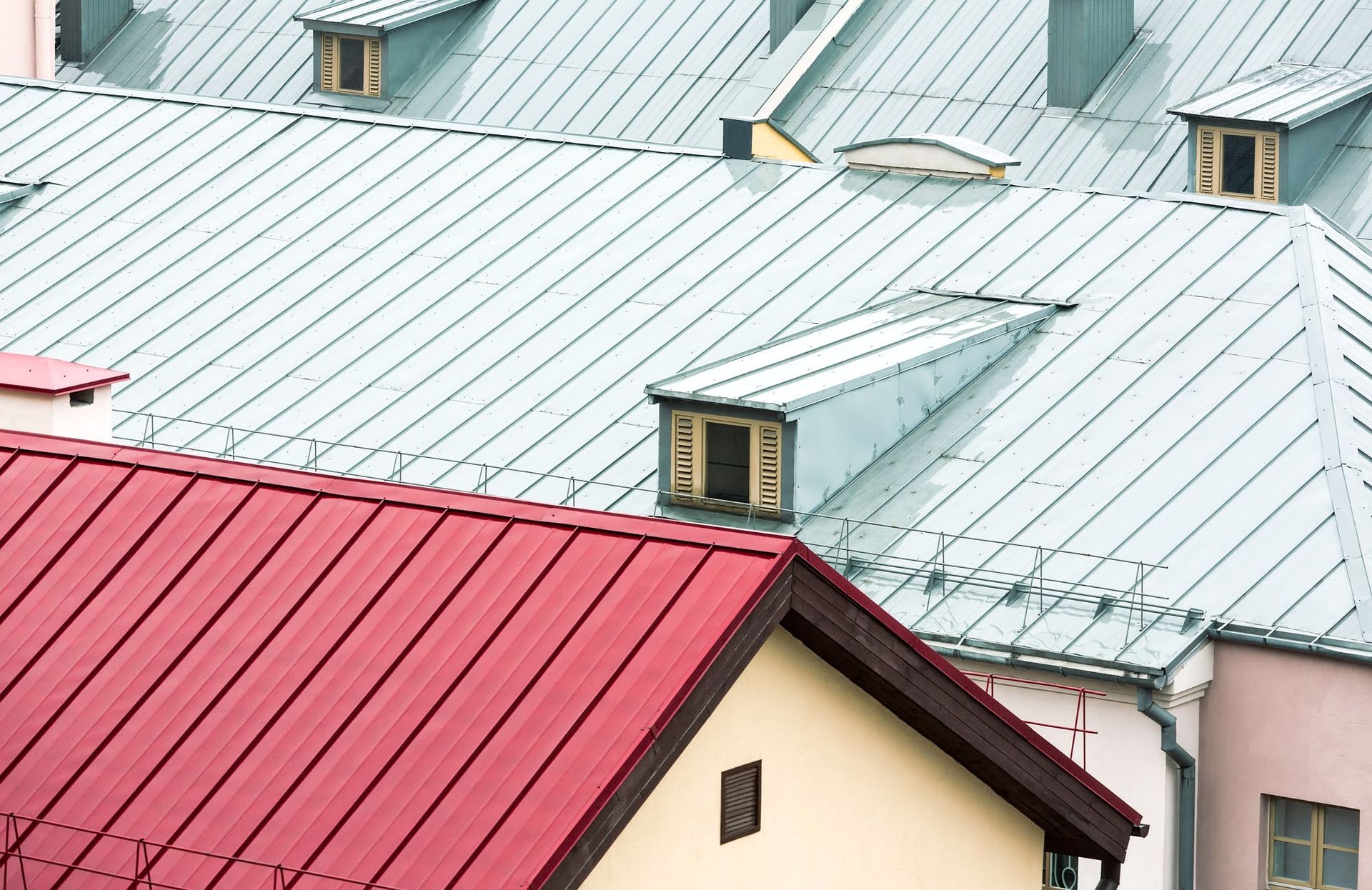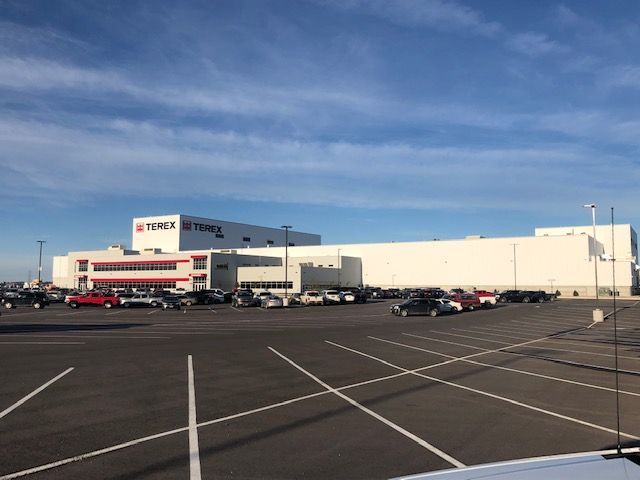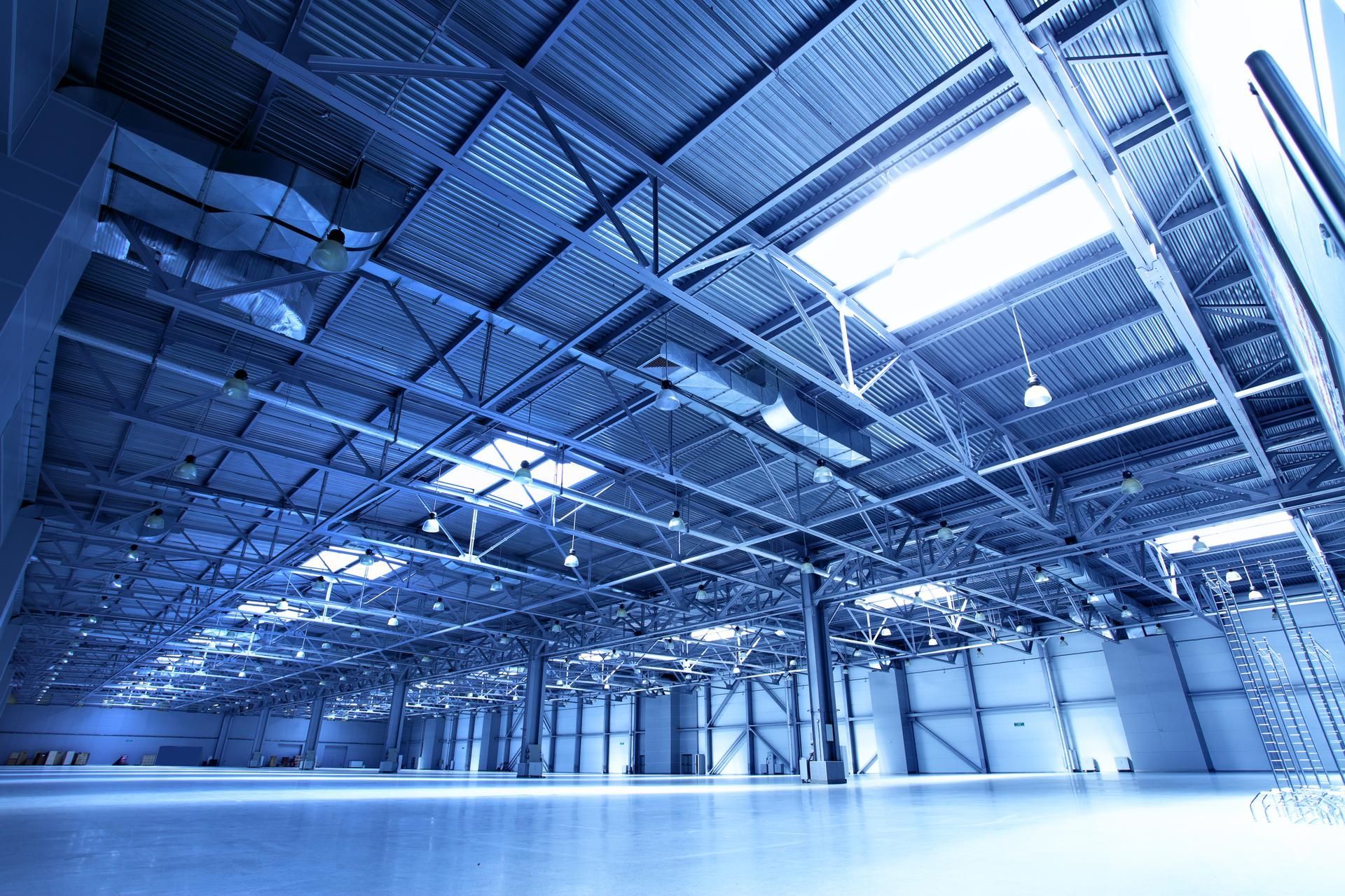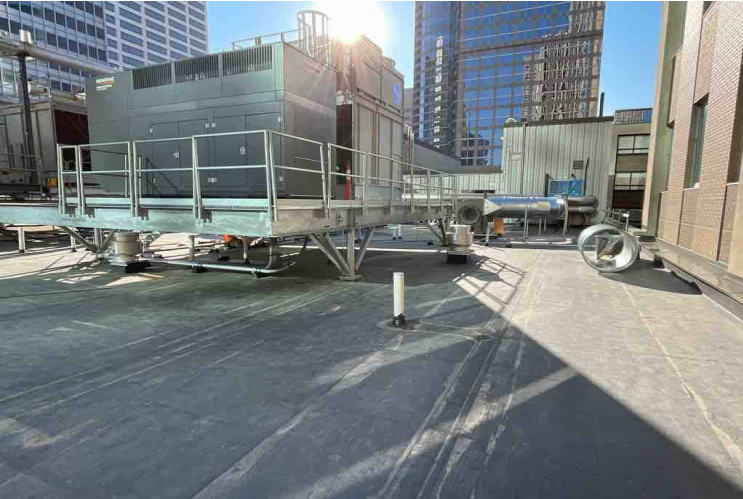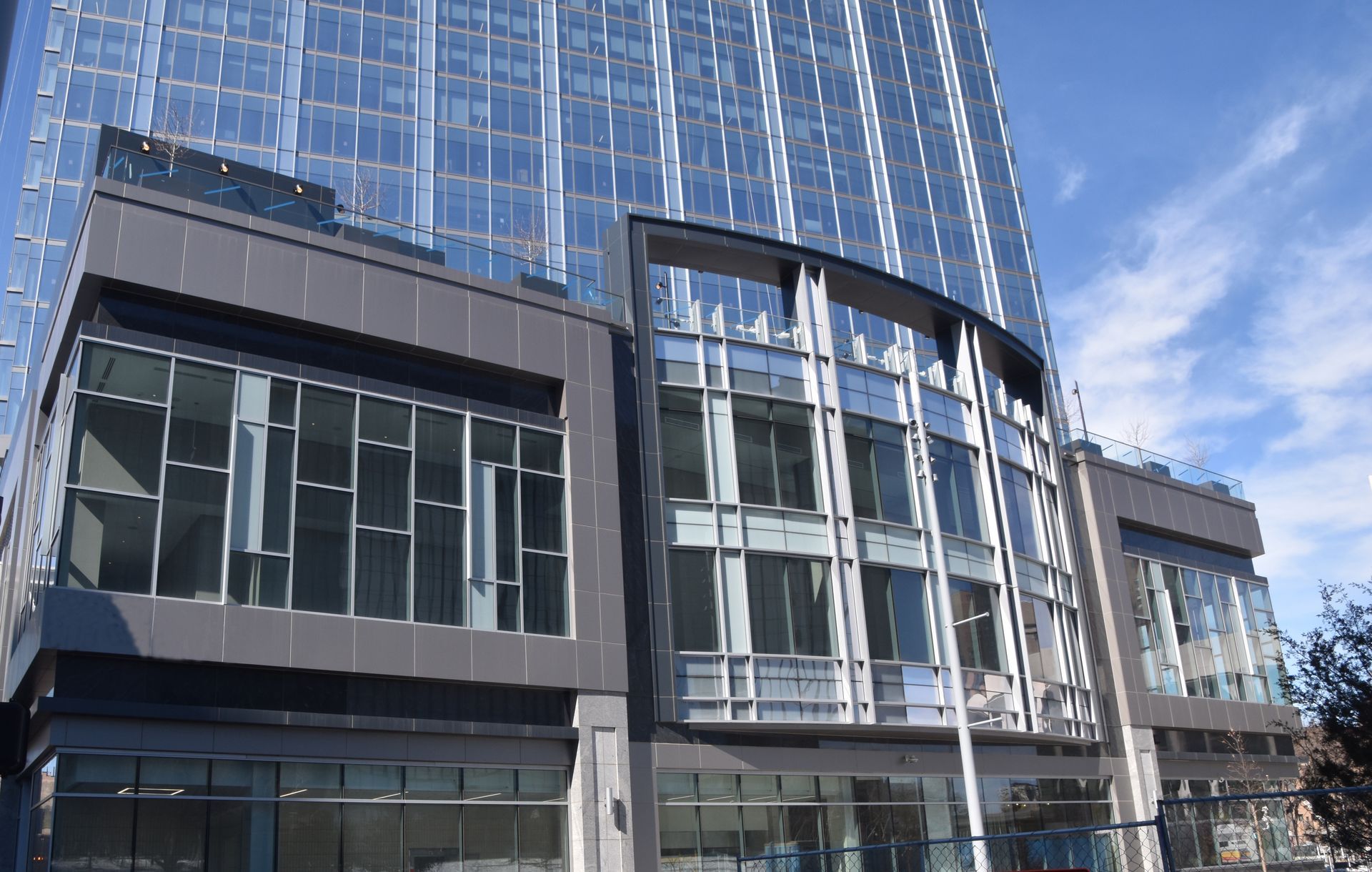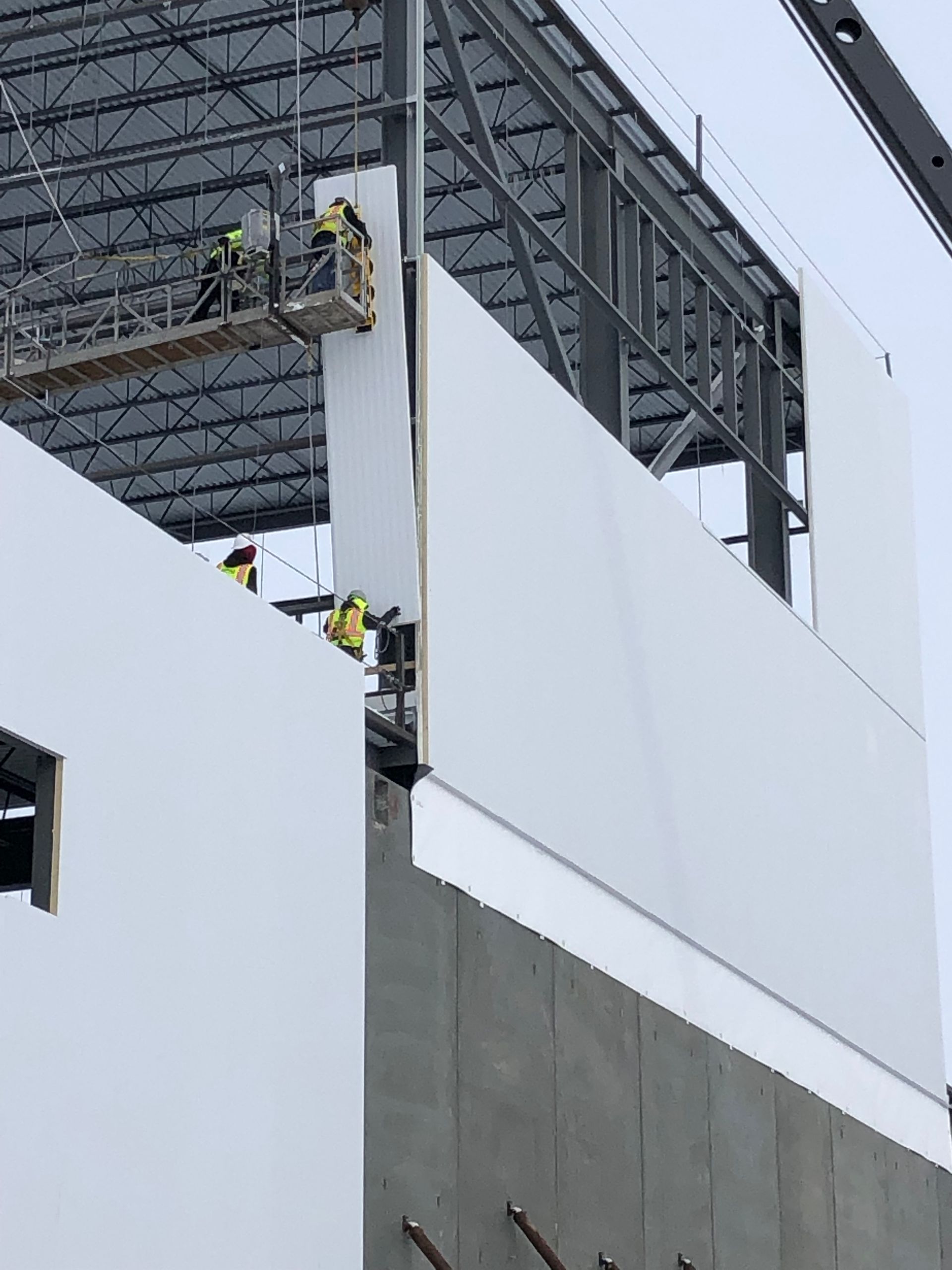Blog
Trust Berwald Roofing, Minnesota's experts in roofing, sheet metal, and wall panels with your project, no matter the size.
2440 Charles, St N
Saint Paul, MN 55109
Phone: 651-777-7411
Fax: 651-777-1371
CONTACT US
Contact Us
Thank you for contacting us.
We will get back to you as soon as possible.
We will get back to you as soon as possible.
Oops, there was an error sending your message.
Please try again later.
Please try again later.
Content, including images, displayed on this website is protected by copyright laws. Downloading, republication, retransmission or reproduction of content on this website is strictly prohibited. Terms of Use
| Privacy Policy



